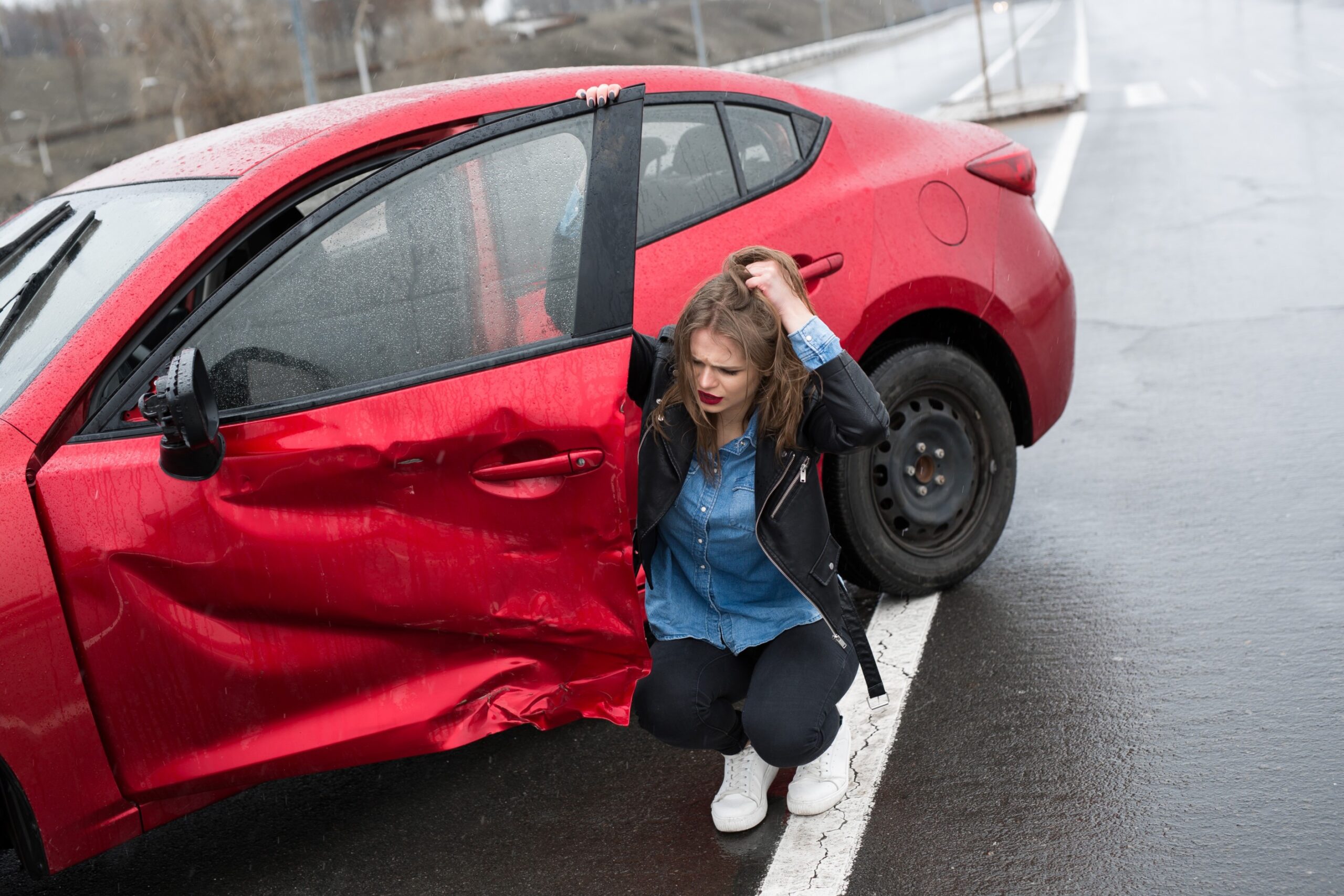Car accidents are traumatic, and they can result in severe injuries that can impact your…
Who will Pay for the Damages Incurred to Your Car in an Accident? – Guest Post

Accidents are an unfortunate reality of life on the road, and dealing with the aftermath can often be a complex process. One of the biggest concerns for most individuals is determining who will cover the damages incurred to your car. The answer to this can vary greatly depending on the specifics of the accident, including who was at fault, the type of insurance coverage involved, and the laws in your specific state or country.
Navigating the aftermath of an accident can be stressful, but understanding how liability and insurance coverage work can help ease some of this stress. Remember, the specifics of who pays for damages can vary greatly depending on numerous factors, so it’s crucial to familiarize yourself with your own insurance policy and consult with a lawyer from Rubinstein Law Firm, if needed. Ultimately, having adequate coverage and a lawyer by your side can provide peace of mind and financial protection in the event of an accident.
This blog post will explore the various scenarios and provide a comprehensive understanding of who pays for car damages after an accident.
Understanding Liability and Insurance Coverage
-
At Fault Accidents:
If you’re deemed responsible for the accident, typically, your liability insurance will cover the other party’s property damage up to your policy’s limits. However, you’ll need collision coverage to pay for your own vehicle’s damages. Without it, you may have to pay out-of-pocket.
-
Not At Fault Accidents:
If another driver is at fault, their liability insurance should cover your vehicle’s damages. However, if they’re uninsured or underinsured, you may need to use your own motorist coverage (if you have it) or resort to legal action to recover costs.
-
No-Fault States:
In no-fault states, regardless of who caused the accident, each driver’s personal injury protection (PIP) coverage pays for their own medical expenses. However, property damage is not covered under no-fault laws, and the at-fault party’s liability insurance should pay for your vehicle’s repairs.
-
Comprehensive Coverage:
Comprehensive coverage is useful for damages caused by events other than collisions, such as fire, theft, vandalism, or natural disasters. If your car is damaged due to any of these reasons, your comprehensive coverage will pay for repairs or replacement.
-
Deductibles and Limits:
Keep in mind that most insurance coverages come with deductibles and limits. Deductibles are the amount you’ll need to pay out-of-pocket before your insurance kicks in, while limits are the maximum amount your insurer will pay for a covered loss.


 5.0 stars Posted by Mary June 30, 2016
5.0 stars Posted by Mary June 30, 2016